Find The Best Whole House Repiping Companies With Plumbyng.co.uk
Repipe Your Home With Confidence
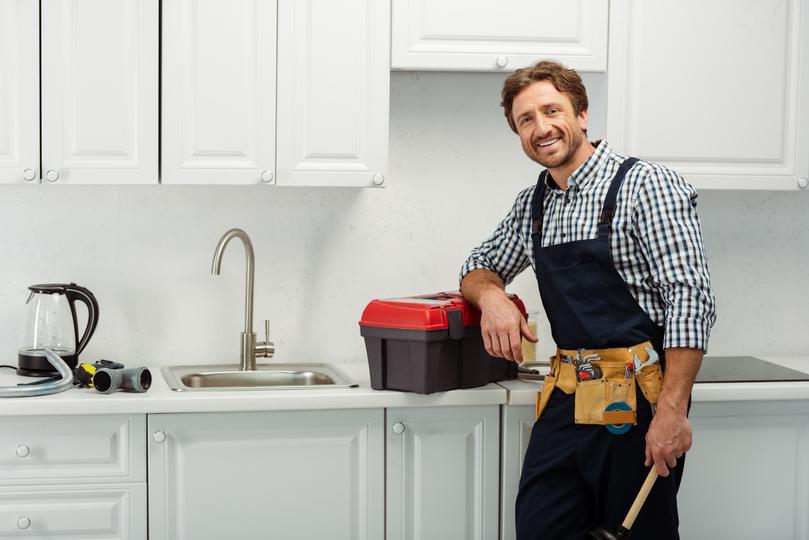
Discover Other Plumbing Services
Plumber
Find trusted plumbers near you. Get multiple quotes for plumbing repair, installation, and maintenance services.
Emergency Plumbing Near Me
Get fast and reliable emergency plumbing services. We respond quickly to leaks, clogs, and other plumbing emergencies.
Commercial Plumbers
Experienced commercial plumbers for all your business needs. We handle installation, repair, and maintenance for all types of commercial plumbing systems.
Drain Cleaning Service
Expert sewer line repair and maintenance services. We handle clogs, leaks, and other sewer line issues to keep your property functioning properly.
Tankless Water Heater Repair
Upgrade to a tankless water heater for endless hot water and increased energy efficiency. We offer installation and maintenance services.
Water Heater Repair
Professional water heater repair and maintenance services for all types of water heaters. We diagnose and fix problems quickly and efficiently.
Septic System Installation
Professional septic tank installation services for homes and businesses. We handle all aspects of the installation process, from planning to final inspection.
Hydro Jetting Service
Clear stubborn clogs and buildup in your drains with our powerful hydro jetting services. We use high-pressure water to effectively clean and restore your plumbi
Finding The Right Repiping Company Is Easy
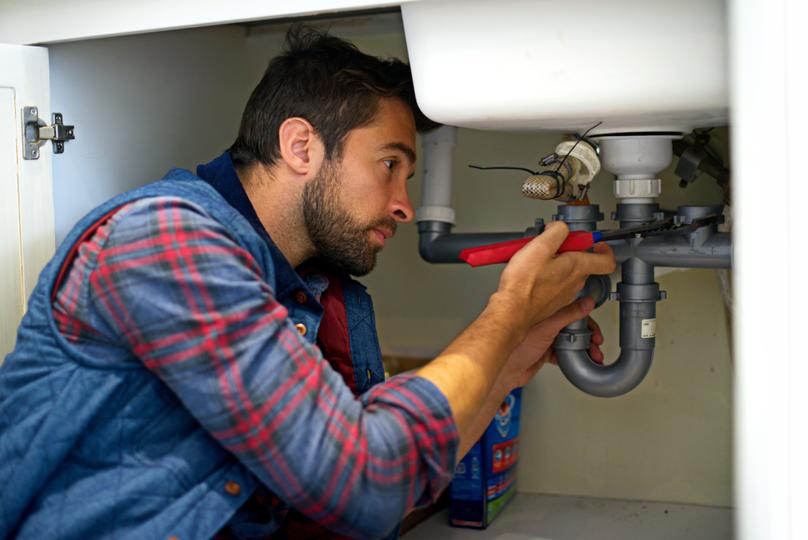
- Tell Us About Your Repiping Project
- Describe your repiping needs, whether it's for a whole house, partial repipe, or specific areas. Provide details about your property's plumbing system, any issues you're experiencing, and your desired timeframe.
- We Connect You With Local Experts
- We'll match you with reputable repiping companies in your area who specialize in whole house repiping and have experience working on similar properties. Our contractors are skilled in working with different pipe materials, ensuring a quality installation.
- Compare Quotes & Choose The Best Fit
- Review quotes from multiple repiping companies, compare their services and experience, and choose the one that best meets your requirements and budget. We're dedicated to helping you make an informed decision.
- Upgrade Your Plumbing!
- With the right repiping company selected, you can proceed with confidence, knowing your plumbing is in the hands of qualified professionals. Enjoy the benefits of a modern and reliable plumbing system.
Why Choose Plumbyng.co.uk for Your Whole House Repiping?
The smarter way to find Complete House Repipe pros
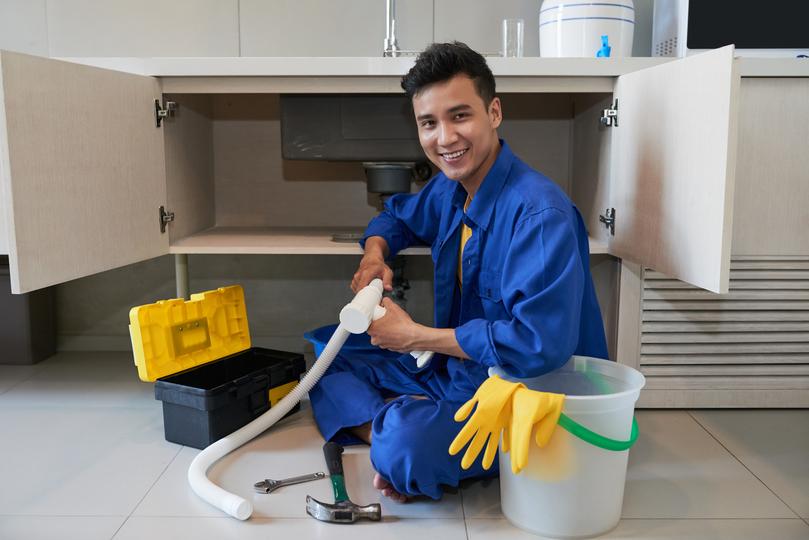
- Experienced and Vetted Plumbers
- We meticulously vet all the plumbing companies in our directory, ensuring they have the proper licenses, insurance, and experience to handle whole house repiping projects. This rigorous vetting process provides you with peace of mind knowing that you're working with qualified professionals.
- Competitive Quotes and Transparent Pricing
- Compare quotes from multiple reputable plumbing companies specializing in whole house repiping, ensuring you get competitive pricing. Transparency in pricing means you can make informed decisions about your project.
- Save Time and Effort
- Repiping your entire house is a substantial undertaking. Instead of spending countless hours researching and contacting plumbers, let Plumbyng.co.uk do the heavy lifting. We connect you with qualified professionals in your area, simplifying the process and saving you time.
- Expertise in Repiping Techniques
- Our listed plumbers are skilled in various repiping techniques, ensuring a high-quality and efficient repiping process. They can address your unique requirements and provide solutions tailored to your home's plumbing system.
- Focus on What Matters Most
- With Plumbyng.co.uk, you can focus on what truly matters — your home and family. We handle the task of finding qualified plumbers for your whole house repiping, allowing you to invest your energy in other priorities.
- Free and User-Friendly Platform
- Using Plumbyng.co.uk to connect with plumbers is completely free. Our user-friendly interface simplifies the search process. Get started today with no obligation!
Upgrade Your Business Plumbing
Commercial Repiping Services
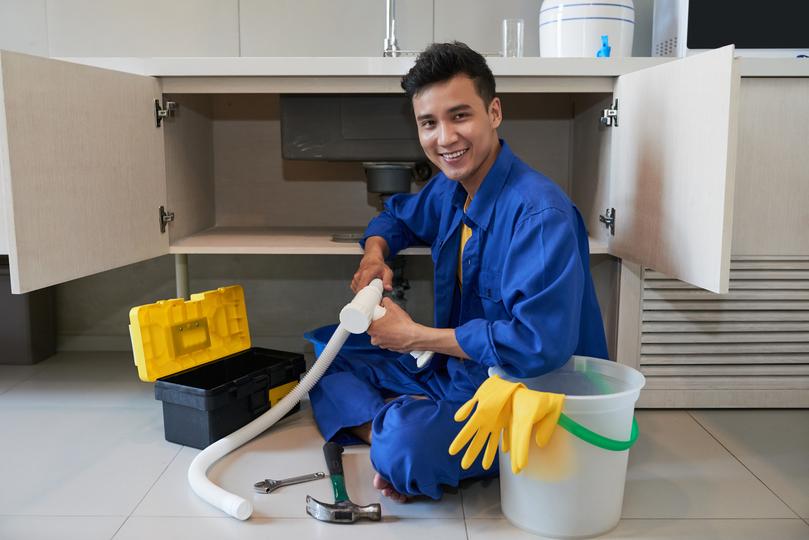
Plumbing Contractors
Find trusted plumbers near you. Get multiple quotes for plumbing repair, installation, and maintenance services.
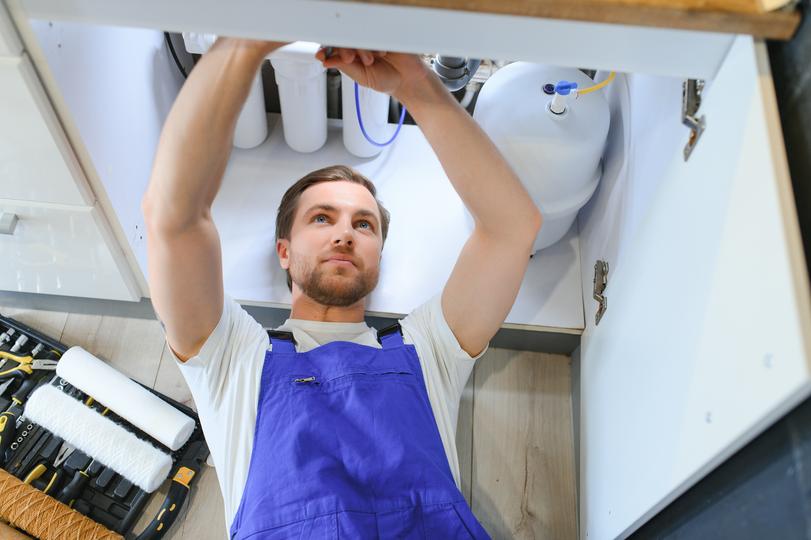
After Hours Plumber
Get fast and reliable emergency plumbing services. We respond quickly to leaks, clogs, and other plumbing emergencies.

Commercial Plumber
Experienced commercial plumbers for all your business needs. We handle installation, repair, and maintenance for all types of commercial plumbing systems.

Sewer Repair
Expert sewer line repair and maintenance services. We handle clogs, leaks, and other sewer line issues to keep your property functioning properly.
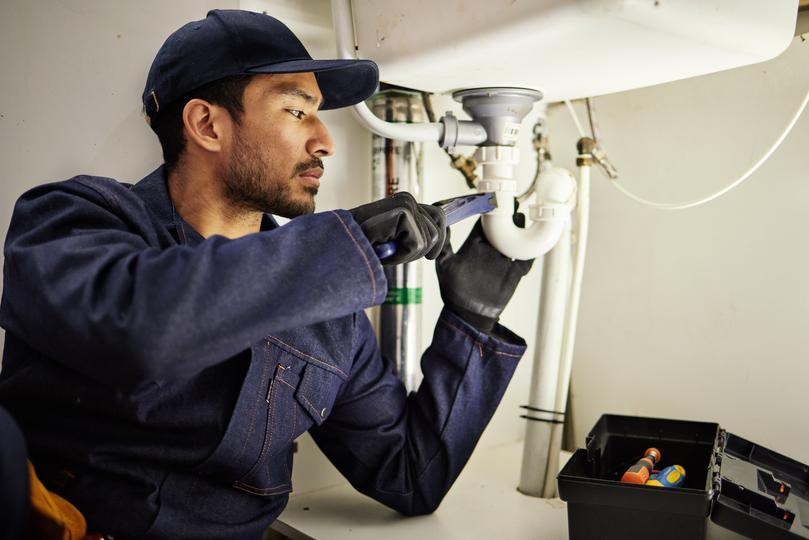
Install Tankless Water Heater
Upgrade to a tankless water heater for endless hot water and increased energy efficiency. We offer installation and maintenance services.

Water Heater Maintenance
Professional water heater repair and maintenance services for all types of water heaters. We diagnose and fix problems quickly and efficiently.

Septic Tank Service
Professional septic tank installation services for homes and businesses. We handle all aspects of the installation process, from planning to final inspection.

Whole House Repiping
Upgrade your plumbing with our comprehensive whole house repiping services. We replace outdated pipes to improve efficiency, water pressure, and reduce leaks.

Hydro Jetting
Clear stubborn clogs and buildup in your drains with our powerful hydro jetting services. We use high-pressure water to effectively clean and restore your plumbi
Repipe Your Home for Reliability and Efficiency
Residential Repiping Services

Plumber
Find trusted plumbers near you. Get multiple quotes for plumbing repair, installation, and maintenance services.

Emergency Plumbing Near Me
Get fast and reliable emergency plumbing services. We respond quickly to leaks, clogs, and other plumbing emergencies.

Clogged Drain Repair
Expert sewer line repair and maintenance services. We handle clogs, leaks, and other sewer line issues to keep your property functioning properly.

Tankless Water Heater Installation
Upgrade to a tankless water heater for endless hot water and increased energy efficiency. We offer installation and maintenance services.

Water Heater Repair
Professional water heater repair and maintenance services for all types of water heaters. We diagnose and fix problems quickly and efficiently.

Septic Tank Installation
Professional septic tank installation services for homes and businesses. We handle all aspects of the installation process, from planning to final inspection.

Complete House Repipe
Upgrade your plumbing with our comprehensive whole house repiping services. We replace outdated pipes to improve efficiency, water pressure, and reduce leaks.

Drain Jetting
Clear stubborn clogs and buildup in your drains with our powerful hydro jetting services. We use high-pressure water to effectively clean and restore your plumbi
Ready to Upgrade Your Plumbing?
Find the Right Repiping Company on Plumbyng.co.uk!
Whole House Repiping Glossary
Whole House Repiping
PEX Piping
Copper Piping
CPVC Piping
Galvanized Steel Piping
Cast Iron Piping
Main Water Line
Water Meter
Shut-Off Valve
Pipe Leak
Corrosion
Scale Buildup
Water Pressure
Water Hammer
Fixture
Frequently Asked Questions About Whole House Repiping
How much does it cost to repipe a whole house?
- House size: Larger homes require more materials and labor.
- Pipe material: Copper is more expensive than PEX.
- Accessibility: Easy access lowers costs; difficult access requires specialized techniques.
- Number of fixtures: More fixtures mean more connections.
- Location: Labor and material costs fluctuate regionally.
What is involved in repiping a house?
- Turning off water supply.
- Removing old pipes.
- Installing new pipes (PEX, copper, CPVC).
- Connecting to fixtures (sinks, toilets, etc.).
- Testing for leaks.
- Patching drywall.
How do you know if your house needs to be repiped?
- Frequent leaks.
- Low water pressure.
- Discolored or rusty water.
- Noisy pipes (water hammer).
- Old, corroded pipes (galvanized steel, cast iron).
How long does it take to repipe a whole house?
- The size and complexity of the plumbing system.
- The accessibility of the pipes (e.g., crawlspace vs. slab foundation).
- The number of fixtures being replaced.
- The chosen pipe material and installation method.
What are the benefits of repiping a house?
- Improved water quality: Eliminates metallic tastes and odors.
- Increased water pressure: Modern pipes ensure consistent and strong water flow.
- Reduced risk of leaks: New pipes are less susceptible to leaks, preventing costly water damage.
- Enhanced safety: Replaces old, potentially hazardous pipes.
- Increased home value: Upgraded plumbing is an attractive feature for potential buyers.
How disruptive is whole house repiping?
How to choose a whole house repiping company?
- Experience and expertise.
- Licensing and insurance.
- Positive reviews.
- Competitive pricing.
- Warranty coverage.
What is the best time of year to repipe a house?
What are the different types of plumbing pipes?
- PEX: Flexible, durable, cost-effective.
- Copper: Traditional, reliable, but more expensive.
- CPVC: Rigid, good for hot water, but less flexible.
What is PEX piping and its benefits?
What is copper piping and its advantages?
What is CPVC piping and when is it used?
How do I know if my pipes are galvanized steel?
What is the lifespan of galvanized steel pipes?
How often should pipes be replaced in a house?
Is it worth it to repipe a house?
What are the signs of old plumbing pipes?
- Frequent leaks.
- Low water pressure.
- Discolored or rusty water.
- Noisy pipes (water hammer).
- Visible corrosion on exposed pipes.
How to tell if you need to repipe your house?
What is the average cost of repiping a house?
What causes low water pressure in a house?
- Clogged pipes: Buildup of mineral deposits or debris restricts water flow.
- Leaking pipes: Water escaping from leaks reduces pressure.
- Corrosion: Corrosion buildup in pipes restricts water flow.
- Municipal water supply issues: Low pressure at the source affects the entire house.
- Faulty pressure regulator: Malfunctioning pressure regulator.
How do I fix a water hammer in my pipes?
What are the different pipe materials for repiping?
- PEX (cross-linked polyethylene): Flexible, durable, cost-effective, resistant to corrosion and freezing.
- Copper: Traditional, durable, corrosion-resistant, but more expensive.
- CPVC (chlorinated polyvinyl chloride): Rigid, heat-resistant, good for hot water lines, but less flexible than PEX.
What is the best pipe material for water lines?
- Budget: PEX is generally the most cost-effective.
- Climate: PEX is more resistant to freezing than copper.
- Water quality: Copper is better for acidic water.
- Local codes: Some areas may have restrictions.
What is the process of replacing water lines in a house?
- Inspection and assessment: A plumber inspects your current plumbing to determine the scope.
- Planning and permitting: A plan is created, and permits are obtained if required.
- Shutting off water supply.
- Opening walls/floors to access pipes.
- Removing old pipes.
- Installing new pipes and connecting fixtures.
- Testing for leaks.
- Repairing walls/floors.
How much does it cost to repipe a whole house?
- House size: Larger homes require more materials and labor.
- Pipe material: Copper is more expensive than PEX.
- Accessibility: Easy access lowers costs; difficult access requires specialized techniques.
- Number of fixtures: More fixtures mean more connections.
- Location: Labor and material costs fluctuate regionally.
What is involved in repiping a house?
- Turning off water supply.
- Removing old pipes.
- Installing new pipes (PEX, copper, CPVC).
- Connecting to fixtures (sinks, toilets, etc.).
- Testing for leaks.
- Patching drywall.
How do you know if your house needs to be repiped?
- Frequent leaks.
- Low water pressure.
- Discolored or rusty water.
- Noisy pipes (water hammer).
- Old, corroded pipes (galvanized steel, cast iron).
How long does it take to repipe a whole house?
- The size and complexity of the plumbing system.
- The accessibility of the pipes (e.g., crawlspace vs. slab foundation).
- The number of fixtures being replaced.
- The chosen pipe material and installation method.
What are the benefits of repiping a house?
- Improved water quality: Eliminates metallic tastes and odors.
- Increased water pressure: Modern pipes ensure consistent and strong water flow.
- Reduced risk of leaks: New pipes are less susceptible to leaks, preventing costly water damage.
- Enhanced safety: Replaces old, potentially hazardous pipes.
- Increased home value: Upgraded plumbing is an attractive feature for potential buyers.
How disruptive is whole house repiping?
How to choose a whole house repiping company?
- Experience and expertise.
- Licensing and insurance.
- Positive reviews.
- Competitive pricing.
- Warranty coverage.
What is the best time of year to repipe a house?
What are the different types of plumbing pipes?
- PEX: Flexible, durable, cost-effective.
- Copper: Traditional, reliable, but more expensive.
- CPVC: Rigid, good for hot water, but less flexible.
What is PEX piping and its benefits?
What is copper piping and its advantages?
What is CPVC piping and when is it used?
How do I know if my pipes are galvanized steel?
What is the lifespan of galvanized steel pipes?
How often should pipes be replaced in a house?
Is it worth it to repipe a house?
What are the signs of old plumbing pipes?
- Frequent leaks.
- Low water pressure.
- Discolored or rusty water.
- Noisy pipes (water hammer).
- Visible corrosion on exposed pipes.
How to tell if you need to repipe your house?
What is the average cost of repiping a house?
What causes low water pressure in a house?
- Clogged pipes: Buildup of mineral deposits or debris restricts water flow.
- Leaking pipes: Water escaping from leaks reduces pressure.
- Corrosion: Corrosion buildup in pipes restricts water flow.
- Municipal water supply issues: Low pressure at the source affects the entire house.
- Faulty pressure regulator: Malfunctioning pressure regulator.
How do I fix a water hammer in my pipes?
What are the different pipe materials for repiping?
- PEX (cross-linked polyethylene): Flexible, durable, cost-effective, resistant to corrosion and freezing.
- Copper: Traditional, durable, corrosion-resistant, but more expensive.
- CPVC (chlorinated polyvinyl chloride): Rigid, heat-resistant, good for hot water lines, but less flexible than PEX.
What is the best pipe material for water lines?
- Budget: PEX is generally the most cost-effective.
- Climate: PEX is more resistant to freezing than copper.
- Water quality: Copper is better for acidic water.
- Local codes: Some areas may have restrictions.
What is the process of replacing water lines in a house?
- Inspection and assessment: A plumber inspects your current plumbing to determine the scope.
- Planning and permitting: A plan is created, and permits are obtained if required.
- Shutting off water supply.
- Opening walls/floors to access pipes.
- Removing old pipes.
- Installing new pipes and connecting fixtures.
- Testing for leaks.
- Repairing walls/floors.